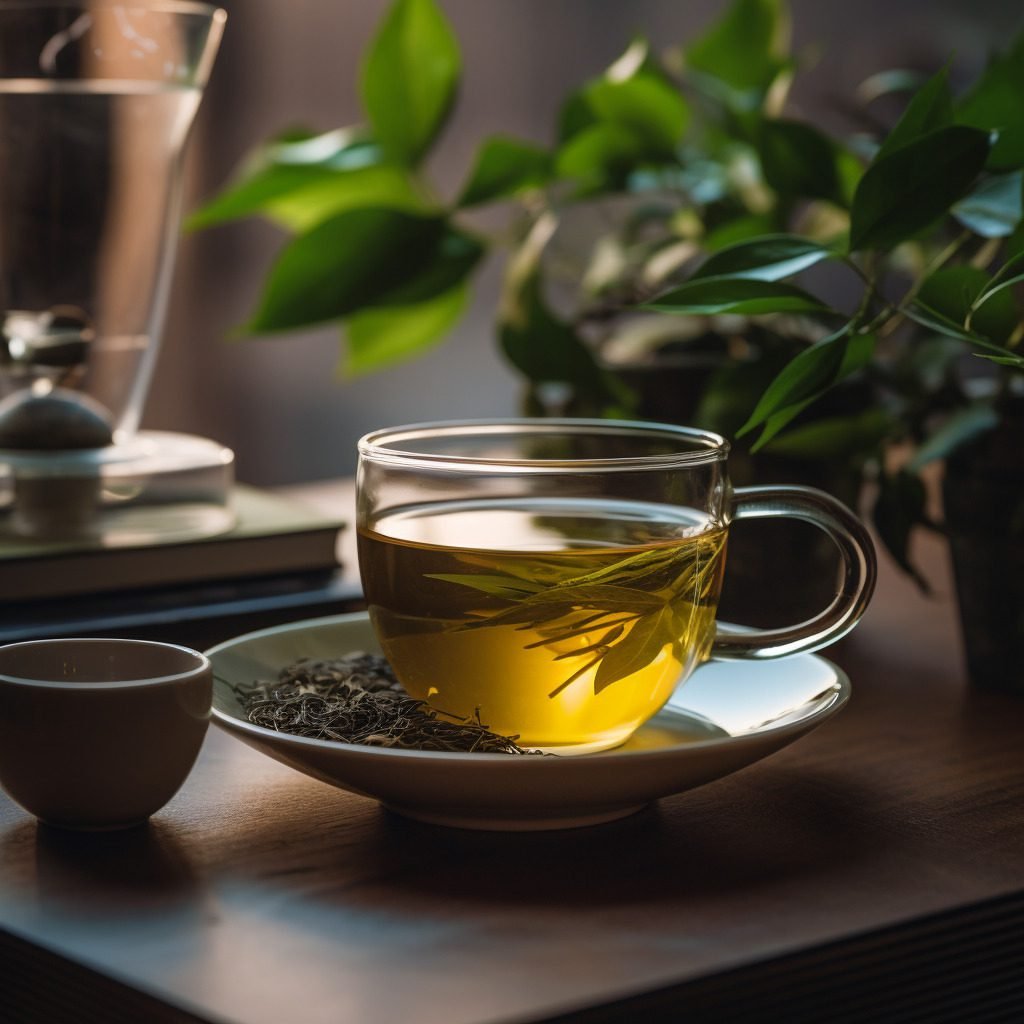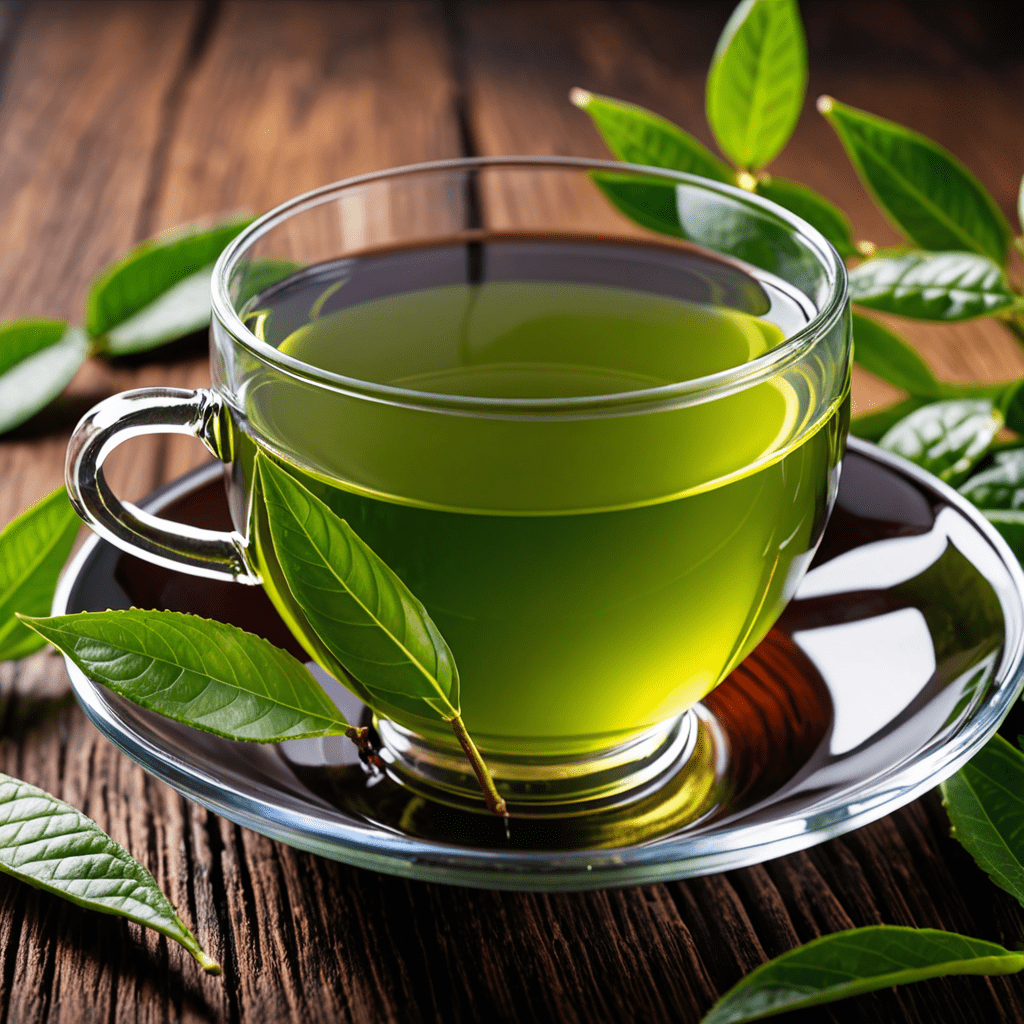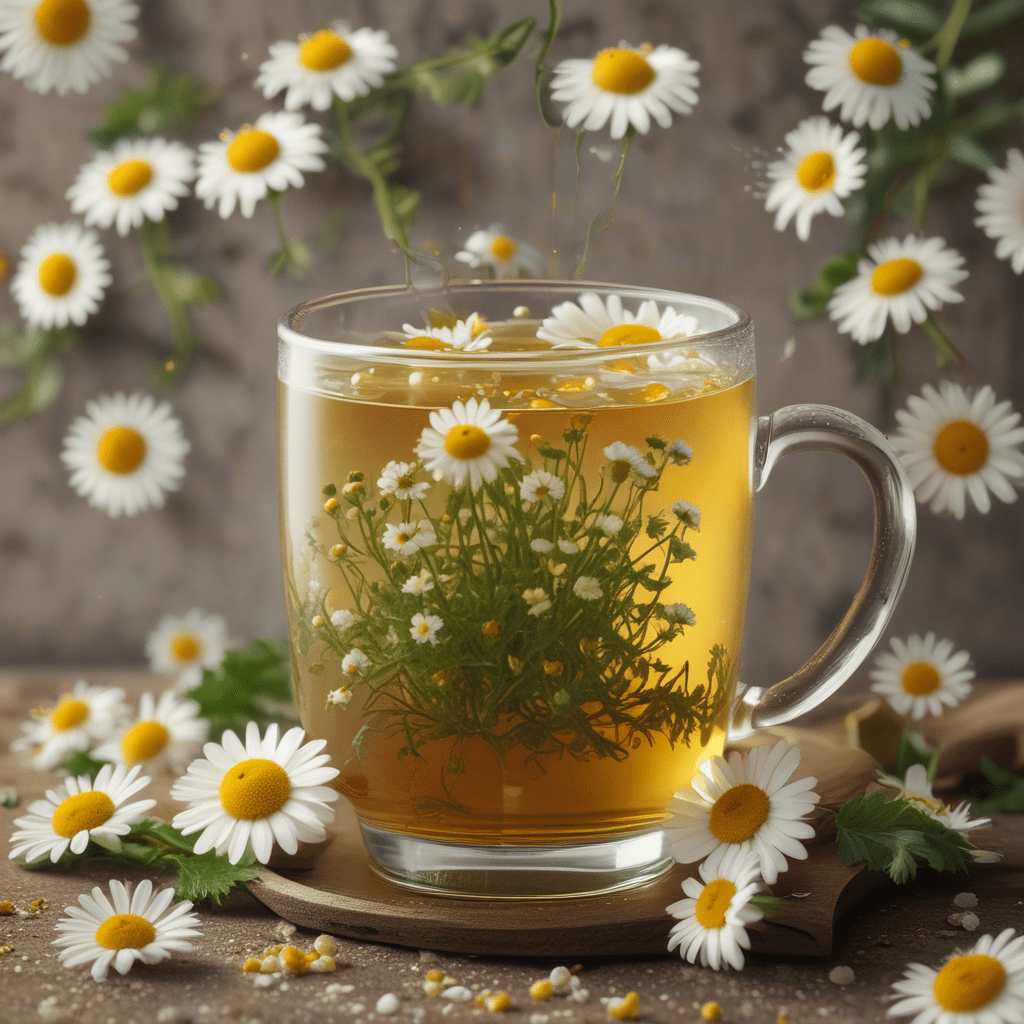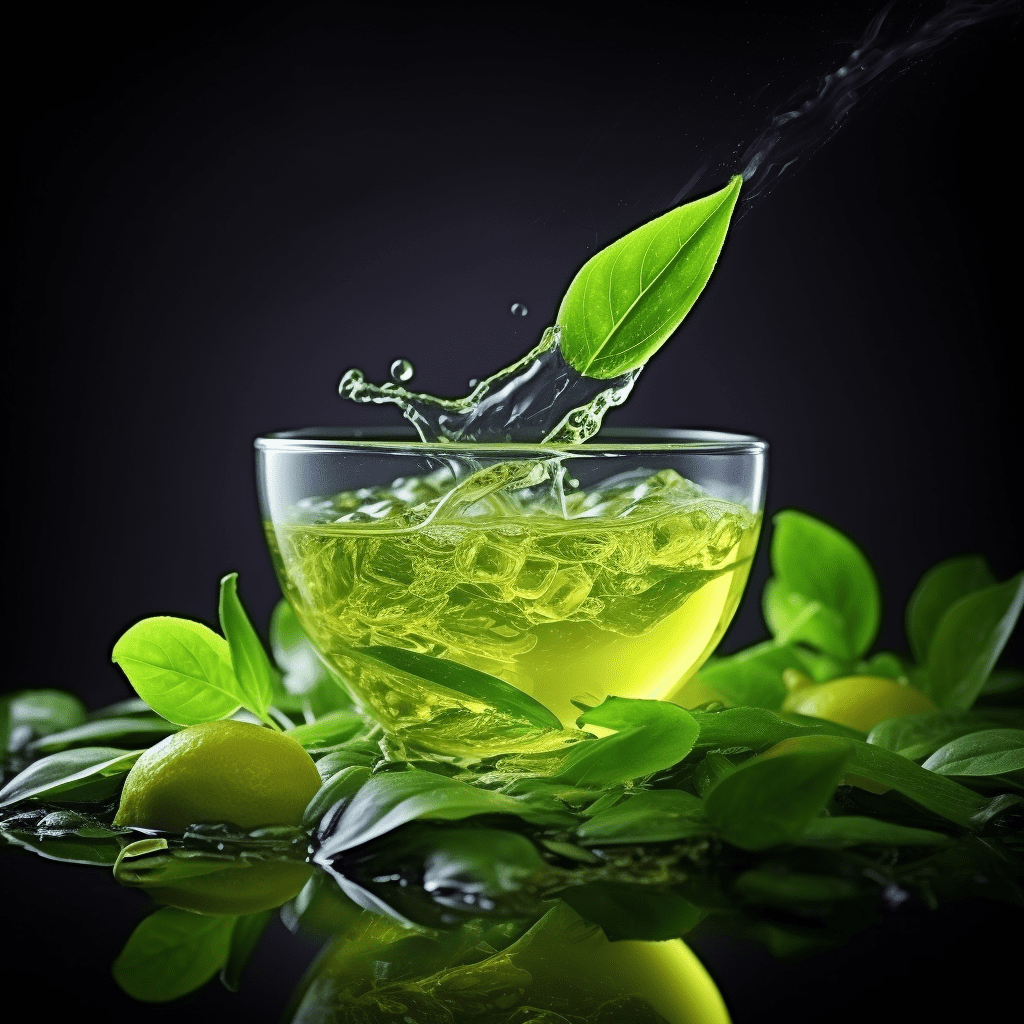The Benefits of Tea and Meditation: Improve Your Mind and Body
Tea has long been revered for its soothing and calming properties, while meditation has been practiced for centuries as a way to find inner peace and clarity. Individually, both tea and meditation offer numerous benefits for the mind and body. But when combined, they can create a powerful synergy, enhancing the effects of each practice and promoting a deeper sense of relaxation and focus. In this article, we will explore the key elements of tea and meditation, offer tips for incorporating them into your routine, and address common questions about this harmonious blend.
Key Elements of Tea and Meditation
Element 1: Mindful Presence
Both tea drinking and meditation emphasize the power of being fully present in the moment. Tea encourages us to savor each sip, taking the time to appreciate the aroma, taste, and warmth. Similarly, meditation trains our minds to be aware of our thoughts and emotions without judgment, cultivating a sense of mindfulness and self-awareness.
Element 2: Ritual and Ceremony
Tea ceremonies have a rich history in many cultures, providing a structured and intentional way to prepare and enjoy tea. These rituals can be seen as a form of active meditation, where the focus is on the process rather than the outcome. Engaging in a tea ceremony can help create a sense of tranquility and promote a more meditative state of mind.
Element 3: Calming Effects
Tea contains various compounds, such as L-theanine, that promote relaxation and reduce stress. These compounds work synergistically with meditation, helping to calm the mind and enhance the meditative experience. By combining tea and meditation, you can create a calming ritual that facilitates a deeper sense of peace and tranquility.
Element 4: Sensory Experience
Both tea and meditation provide opportunities to engage our senses. From the aroma of the tea leaves to the sound of water boiling, and from the taste of the tea to the physical sensations during meditation, these practices encourage us to be fully present in the sensory experience. By immersing ourselves in the present moment, we can cultivate a heightened sense of awareness and deepen our connection with ourselves and the world around us.
Tips for Tea and Meditation
- Choose the Right Tea: Opt for teas with calming properties, such as chamomile, lavender, or green tea. Experiment with different flavors and find the ones that resonate with you.
Quality Matters: Invest in high-quality loose-leaf teas to ensure the best flavor and aroma. Loose-leaf teas often provide a more immersive and enjoyable experience compared to tea bags.
Mindful Brewing: Take the time to prepare your tea mindfully. Pay attention to each step of the process, from heating the water to steeping the tea leaves. Treat it as a meditative practice in itself.
Find a Quiet Space: Create a space dedicated to your tea and meditation practice. Choose a peaceful corner in your home where you can retreat and find solitude.
Set an Intention: Before starting your tea and meditation session, set an intention for the practice. This could be a specific goal or simply the intention to be present and open to the experience.
Be Consistent: Like any practice, tea and meditation benefit from consistency. Try to incorporate them into your daily routine, even if it’s just for a few minutes each day. Regularity will amplify the positive effects.
Experiment with Different Techniques: There are various meditation techniques to explore, such as mindfulness meditation, loving-kindness meditation, or guided visualization. Find the ones that resonate with you and incorporate them into your practice.
Incorporating Tea and Meditation
Tea Meditation: Use tea as an anchor for your meditation practice. As you sip your tea, focus your attention on the sensations and flavors, allowing them to guide your meditation. Notice the warmth of the cup in your hands, the taste on your tongue, and the relaxation that comes with each breath.
Morning Ritual: Start your day with a mindful tea and meditation session. This can help set the tone for the day ahead, promoting a sense of calm and clarity.
Afternoon Tea Break: Take a break from your busy day and create a moment of tranquility by enjoying a cup of tea and engaging in a short meditation. This can help you recharge and refocus, enhancing productivity and well-being.
Evening Wind-Down: Incorporate tea and meditation into your evening routine as a way to unwind and prepare for a restful night’s sleep. Chamomile or herbal teas can be particularly beneficial in promoting relaxation and sleep.
FAQ about Tea and Meditation
1. Can any type of tea be used for meditation?
While any tea can be used for meditation, certain types of tea, such as green tea and herbal teas, are known for their calming properties and ability to enhance the meditative experience.
2. How long should I meditate while drinking tea?
The length of your tea meditation practice is entirely up to you. You can start with just a few minutes and gradually increase the duration as you become more comfortable. The key is to be fully present and engaged in the practice, regardless of the time.
3. Can tea and meditation help with stress and anxiety?
Yes, both tea and meditation have been shown to have stress-reducing effects. The combination of the calming properties of tea and the mindfulness cultivated through meditation can be particularly effective in managing stress and anxiety.
4. Is it better to drink tea before or after meditation?
There is no right or wrong answer to this question. Some people prefer to drink tea before meditation to help create a sense of relaxation and focus, while others find it more beneficial to enjoy tea after meditation as a way to prolong the state of calm and tranquility.
5. Can I incorporate other mindfulness practices into my tea and meditation routine?
Absolutely! Tea and meditation can be combined with other mindfulness practices, such as journaling, breathing exercises, or gentle stretching. Feel free to experiment and find the combination that best suits your needs and preferences.
In conclusion, tea and meditation are powerful practices on their own, but when combined, they can create a harmonious blend that enhances relaxation, focus, and overall well-being. By incorporating tea and meditation into your routine and following the tips provided, you can create a sacred space and cultivate a deeper connection with yourself and the present moment. So brew yourself a cup of tea, find a quiet corner, and embark on a journey of tranquility, one sip at a time.



